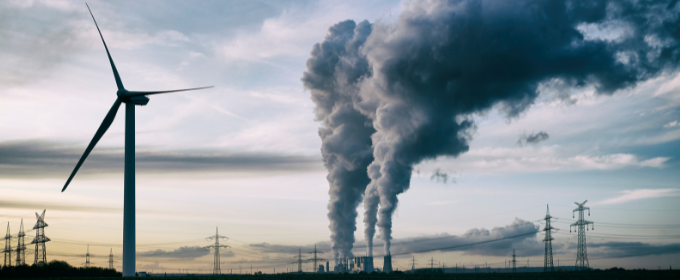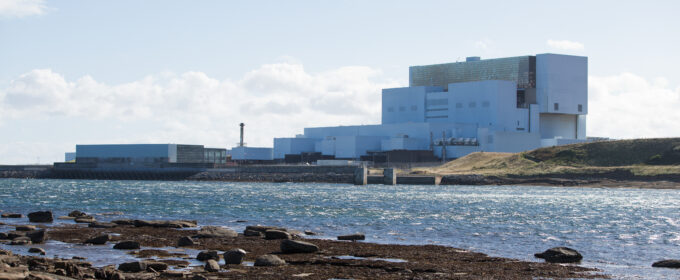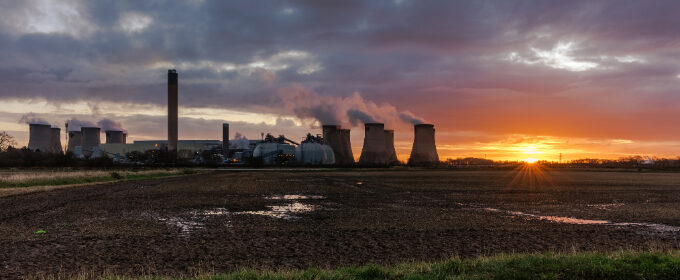In 2006, Prime Minister Tony Blair assured Britain that nuclear was “back on the agenda with a vengeance”. Boris Johnson has described his commitment to deliver nuclear at “warp speed”, and the three intervening Prime Ministers have also emphasised their support for nuclear. Yet Britain’s first new nuclear plant – Hinkley Point C (HPC) – […]









